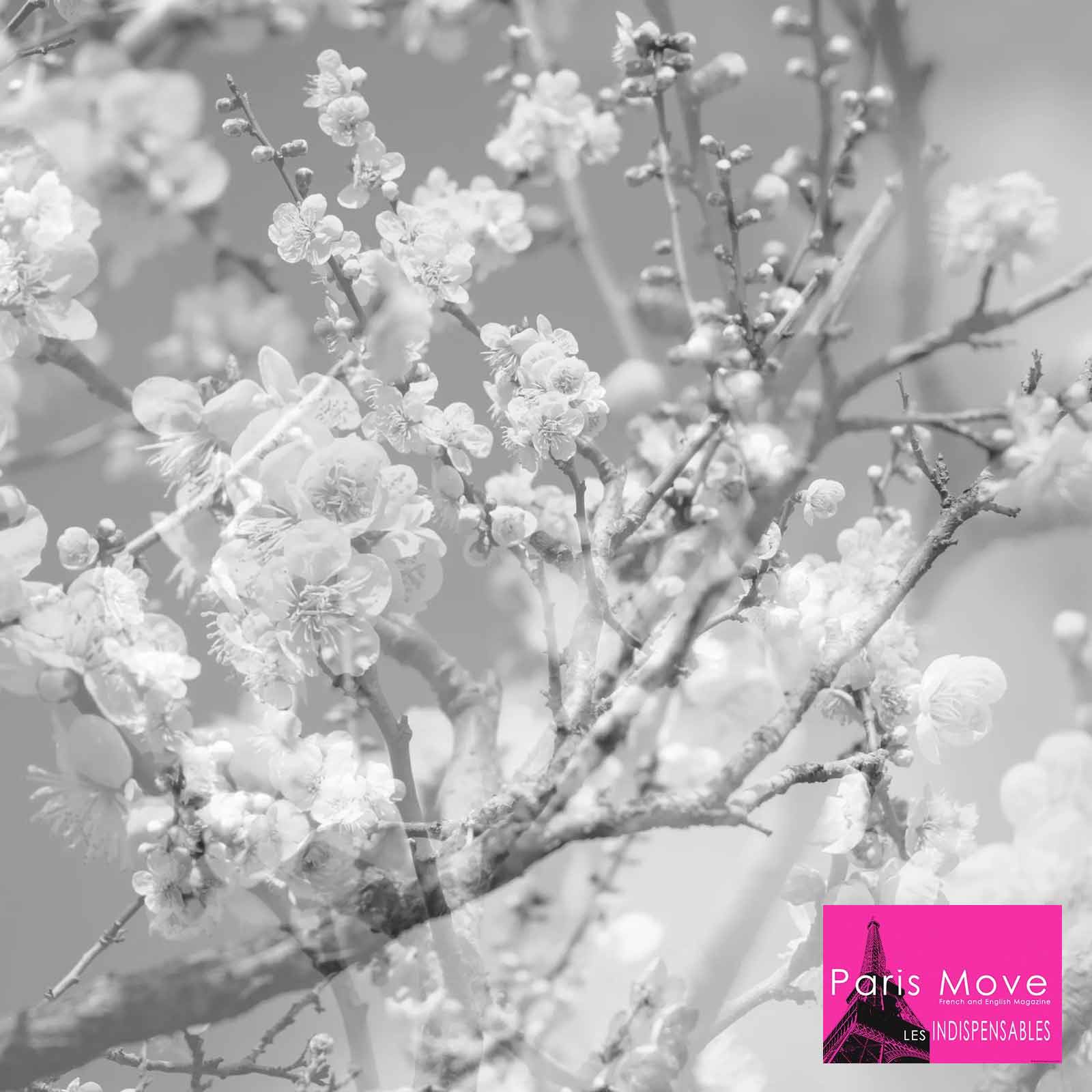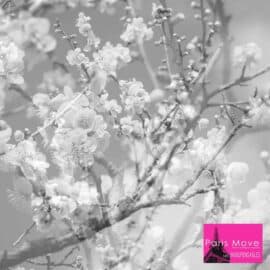| Jazz |

Posthumous jazz releases have a way of reshaping the legacies we thought we knew. They arrive not merely as documents rescued from obscurity, but as small revelations, whispers from the past that can, at times, redirect the meaning of an entire career. The Final Studio Recording, Vol.II, the newly issued continuation of Masabumi Kikuchi’s last studio sessions, belongs firmly in that category. Far from being a footnote or an archival appendage, the album broadens and deepens the portrait of a musician whose search for truth in sound spanned more than half a century. It is the kind of release that forces the listener to reckon with what remains after an artist has left us: not only the music, but the questions.
Drawn from the same December 2013 Klavierhaus sessions in New York that yielded Vol.I, a recording widely praised upon its release in 2021—this second volume presents seven additional tracks steeped in the deliberate quiet, the drifting harmonies, and the meditative abstraction that defined Kikuchi’s late work. Recorded just two years before his passing, the music captures a pianist who had arrived at a kind of radical intimacy, a state in which restraint is not hesitation but revelation. The result is an album that feels less like a document of studio time than like a final notebook, left open on a table, its pages filled with thoughts still vibrating.
To understand the significance of these sessions, it helps to recall the arc of Kikuchi’s career. From his early days in Japan, where he bridged post-bop and avant-garde traditions, to his work with Gil Evans, to his decades-long partnership with Paul Motian and Gary Peacock, he remained an artist in perpetual evolution. His ECM recordings of the late 1970s hinted at the spaciousness and atmospheric clarity that would later define him, but nothing fully prepared listeners for the distilled, almost ascetic musical language he forged in his final years. If Paul Bley explored silence as a philosophical frontier, Kikuchi approached it more like a poet shaping the tension between breath and speech. If Andrew Hill sought abstraction through composition, Kikuchi pursued it through evaporation, through the gradual erasure of everything non-essential.
That sensibility permeates Vol.II. The repertoire, far from being an afterthought, is a carefully curated cross-section of Kikuchi’s emotional landscape: compositions by Luiz Bonfá and Antônio Maria, Arthur Schwartz and Howard Dietz, George and Ira Gershwin, Kurt Weill, and of course Kikuchi himself. These works are deceptively simple on paper, but they demand an interpreter capable of perceiving not just their harmonic architecture, but their internal silences, the spaces where feeling gathers before it becomes form. Kikuchi treats them with the reverence of someone reading poetry in a language he has spent his life trying to learn.
His interpretation of “Manhã de Carnaval” offers a masterclass in this approach. Before the eighth note of Bonfá’s familiar melody, Kikuchi inserts a meticulously calibrated five-second silence—long enough, as Ben Ratliff notes in his elegant liner notes, for the imagination to slip in. That moment of suspended time becomes a portal into Kikuchi’s aesthetic: the music is not in the notes themselves but in what the notes allow to happen. Silence becomes architecture. Absence becomes intention.
This engagement with silence threads through the album like a quietly pulsing motif. On “I Loves You, Porgy” and “My Ship,” Kikuchi offers some of the rare moments in his discography where the arrangements feel intentionally sculpted rather than spontaneously discovered. Yet even here, he resists narrative resolution. His harmonies float, refusing to settle; his touch oscillates between delicate hesitation and sudden, precise incision. It is music built not toward arrival but toward perpetual becoming.
What makes these recordings all the more astonishing is Kikuchi’s own insistence, declared in a memorable New York Times interview, “I don’t have any technique.” The statement was less modesty than provocation. Technique, in the conventional sense, was irrelevant to him. What he cultivated instead was something far more elusive: a private musical dialect shaped by long silences, by an almost tactile relationship to sound, by a willingness to let fragility stand unprotected. Ratliff aptly calls it “intimate originality,” but even that phrase feels like a partial description. Kikuchi’s late music exists in a space largely unoccupied by others, somewhere between memory and imagination, between analysis and dream.
Listening to Vol.II, one senses an artist who had reached the far edge of his own philosophy, a place where form becomes the true carrier of meaning. For newcomers, this may feel like difficult terrain. There is no grand emotional arc, no virtuosic flourish to signal arrival. Instead, the listener must meet the music on Kikuchi’s terms: attentive, patient, almost contemplative. The reward is a rare kind of clarity. These tracks feel like letters written not to impress but to confess, letters addressed, perhaps, to the future.
Is this album the culmination of Kikuchi’s artistic evolution? Or simply another chapter in his lifelong pursuit of purity, an exploration without conclusion? The album refuses to answer. And perhaps that refusal is the point. Kikuchi always resisted closure; he preferred the question to the answer, the gesture to the statement, the silence to the resolution.
What we can say with certainty is that, years after his death, Masabumi Kikuchi remains not only relevant but strangely ahead of us. His music continues to inhabit its own orbit, slightly removed, always luminous, marked by a distance that feels less like separation than perspective. In a jazz world often driven by immediacy, his work invites slowness, depth, and a kind of listening that borders on introspection.
The Final Studio Recording, Vol.II is not merely a posthumous release. It is a final reminder that the most enduring artists are those who refuse to be bound by time, even as they work within it. Kikuchi’s music, in these sessions, feels suspended, between past and future, between sound and silence. And in that suspension lies the unmistakable voice of an artist who, even now, continues to speak.
Thierry De Clemensat
Member at Jazz Journalists Association
USA correspondent for Paris-Move and ABS magazine
Editor in chief – Bayou Blue Radio, Bayou Blue News
PARIS-MOVE, November 17th 2025
Follow PARIS-MOVE on X
::::::::::::::::::::::::
Musician: Masabumi Kikuchi, piano
Track Listing :
- Manhã de Carnaval (Luiz Bonfá and Antônio Maria) – 8:01
- Improvisation II (Masabumi Kikuchi) – 3:44
- Alone Together (Arthur Schwartz and Howard Dietz) – 5:05
- Improvisation III (Masabumi Kikuchi) – 6:35
- I Loves you Porgy (George Gershwin and Ira Gershwin) – 4:02
- Improvisation IV (Masabumi Kikuchi) – 11:12
- My Ship (Kurt Weill and Ira Gershwin) – 5:02

